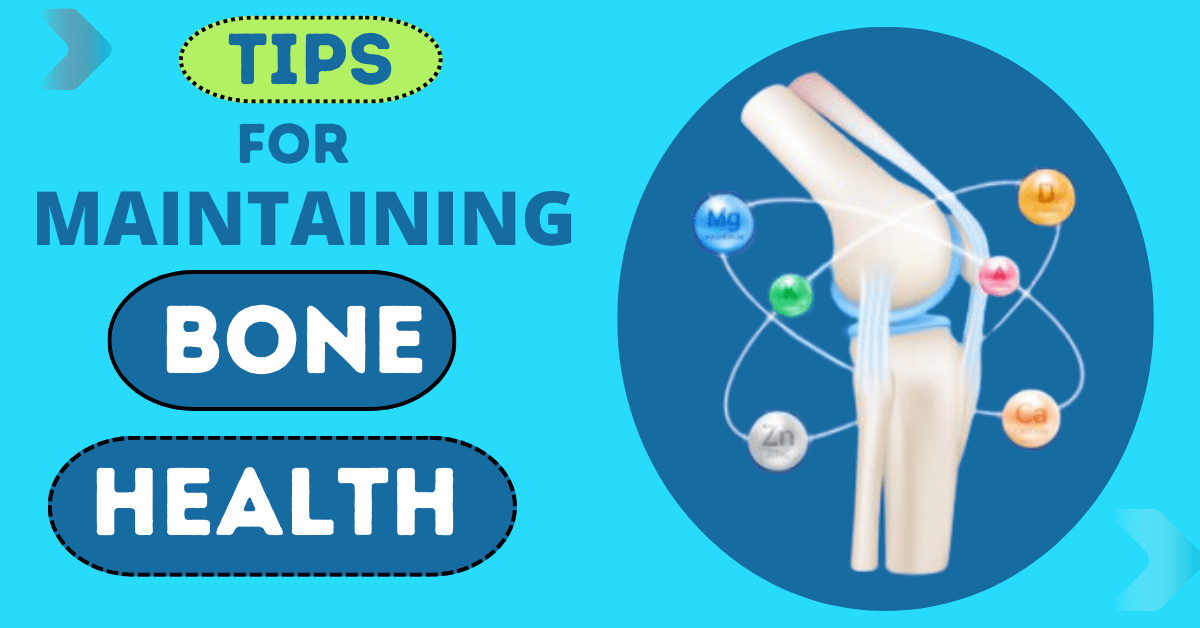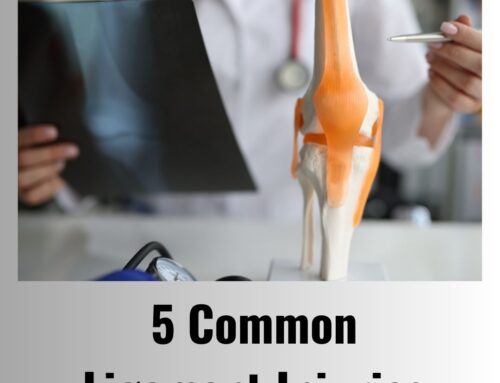The Significance of Bone Health :
Before we get into the details of how to keep your bones strong, let’s talk about why it’s important. Your skeleton is like the body’s frame, holding everything up. Healthy bones are really important for your overall health. If your bones aren’t strong, you can get problems like osteoporosis and broken bones, which can make your life much harder.
The Role of Nutrition :
Calcium Intake : A cornerstone of bone health is ensuring an adequate intake of calcium. Calcium is the primary mineral found in bones, and it’s vital for maintaining their strength. Dairy products, leafy greens, and fortified foods are excellent sources of calcium.
Vitamin D : To optimize calcium absorption, you need vitamin D. Exposure to sunlight is a natural way to boost your vitamin D levels. Alternatively, you can consider vitamin D supplements under the guidance of a healthcare professional.
Magnesium Matters : Magnesium is another mineral essential for bone health. It aids in converting vitamin D into its active form, which is required for calcium absorption. Incorporate magnesium-rich foods like nuts, seeds, and whole grains into your diet.
Phosphorous : This mineral works in tandem with calcium to maintain strong bones. Foods like meat, fish, and dairy products are rich in phosphorous.
Physical Activity and Bone Health :
Weight-Bearing Exercises : Engaging in weight-bearing exercises such as walking, running, and weightlifting can help increase bone density. These activities stimulate the bones, making them stronger over time.
Resistance Training : Resistance exercises, like lifting weights or using resistance bands, can improve bone density by putting stress on the bones. Regular strength training helps prevent bone loss.
Balance and Flexibility : Don’t forget about balance and flexibility exercises like yoga and tai chi. These activities reduce the risk of falls, which is especially important as you age.
Regular Check-Ups and Bone Health :
Bone Density Testing : As you age, consider bone density testing to assess your bone health. It helps identify any potential issues early on, allowing you to take preventive measures.
Consult a Healthcare Professional : If you have concerns about your bone health, consult a healthcare professional. They can provide personalized guidance and recommend appropriate supplements if needed.
Conclusion :
Maintaining strong bones is a crucial aspect of overall well-being. By adopting a balanced diet rich in calcium, vitamin D, and other essential nutrients, engaging in regular physical activity, and avoiding bone-depleting habits, you can significantly enhance your bone health. Remember to prioritize regular check-ups and consult with healthcare professionals. Dr. Vinil Shinde an Orthopedic Surgeon, for personalized guidance.




